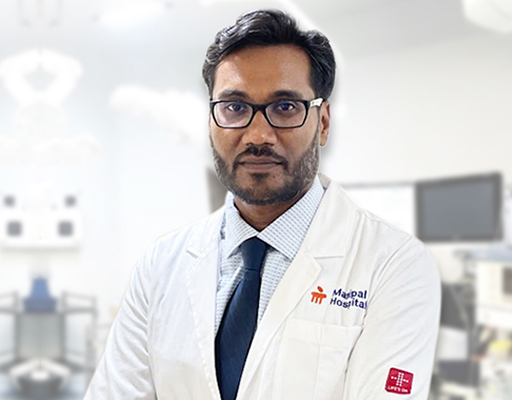-

What is Hernia?
Hernia is a protrusion(lump) of the intra abdominal organs and the parietal peritoneum(layer of tissue that lines abdominal wall) through the acquired or congenital defect under the skin or into various internal cavities and spaces.
Usually hernia occurs in the abdominal area between the chest and the hips, but it can also occur in the upper thighs and groin areas.
Hernia is not a critical issue but it needs proper attention, it could be better if it gets treated at the initial stage but in other cases a patient might have to undergo a surgery.
What are the Alarming Symptoms of Hernia
1. Bulge and its changing color
The lump of hernia is exactly the same as skin, but as soon as it starts changing a colour from red to purple or much darker to the skin then it is a sign of alarming state, as the flow of blood in the lump of hernia is stopped.
2. Intense pain in Hernia bulge
Hernia usually causes pain. It feels like a pressure sensation at the site, the pain get worse with any activity that puts strain on the abdomen such as lifting weight, running or during bowel movements. If a patient feels severe pain then it could be an alarming sign.
3. Nausea and vomiting
If the contents of the hernia end up trapped withinside the vulnerable factor withinside the stomach wall, the contents can hinder the bowel, leading to extreme pain, nausea, vomiting, and the lack of ability to have a bowel motion or byskip gas.4. Fever
The body temperature varies from person to person. If you have fever and other symptoms of hernia then it could be an alarming sign.
5. Constipation
If a patient is unable to pass a gas then it is a sign of a hernia, it happens because a part of the intestine is trapped in hernia, and this causes bowel blockage and constipation.
Types of Hernia
There are various types of hernia, below we are discussing the types of hernia.
Inguinal hernia occurs when the intestine pushes through a tender spot or tear of abdominal wall, these types of hernia are most common in men.
A ventral hernia is a protrusion of tissues caused by a weakening in the muscles of your abdominal wall. It can happen anywhere on your abdominal wall.
3. Umbilical hernia
When a loop of intestine pulls through the umbilical ring, a tiny gap in a foetus' abdominal muscles through which the umbilical cord—which connects a foetus to its mother while in the womb—passes, an umbilical hernia arises at the umbilicus (belly button).
4. Epigastric herniaIt is above the belly button just below the sternum of your rib cage. This type of hernia is more common in children as well as in adults. Epigastric hernia can become a serious problem and patients have to undergo surgery.
How One can Treat Hernia
Hernia Surgery is the only option to treat hernia, and surgery totally depends on the size and current state of hernia.
One can also wear a truss or a belt. It is an undergarment for men protruding tissue in place to make them feel comfortable, if a person is suffering from inguinal hernia, this truss can be a great option if this truss is a temporary treatment. You cannot rely on truss for a long time, a patient must undergo a surgery.
One more thing to consider is that hernia cannot be treated at home. But doing something is better than doing nothing. Home remedies can give you relief for a while but they are not a permanent solution.
Patients must include fiber in their diet as fiber may reduce constipation and bowel movements. Try to have a meal in moderation including grains like chapati of jau, fruits, flaxseeds, spinach and all the green vegetables.
And try to avoid spicy food as it leads to acid reflux, skip all your smoking and drinking habits.
Final Analysis
If you are facing these issues at times, then don't just take them for granted. Getting it treated is the only way you could know how severe it is or whether you need surgery to cure it.

Author: DR. MANJUNATH HARIDAS (MD FACS FICS)
Dr. Manjunath Haridas is one of the leading surgeons for Gastrointestinal Sciences in Whitefield, Bangalore. His area of expertise includes Gastrointestinal Surgery - Colon Rectum, Foregut Advanced Laparoscopic Surgery, and Minimally invasive surgery. He is Honored by the American Board of Certification, fellow Of the American College of Surgeons, SAGES membership and more.

